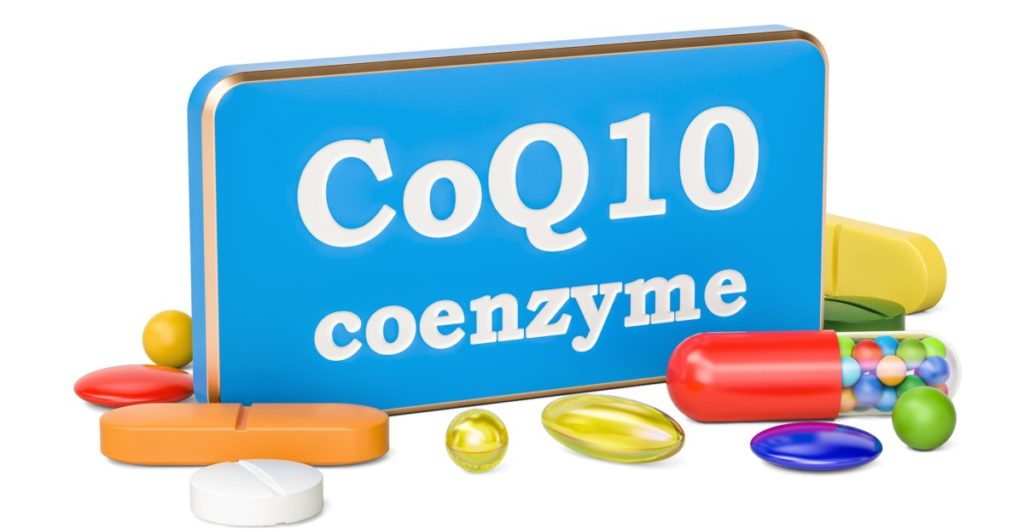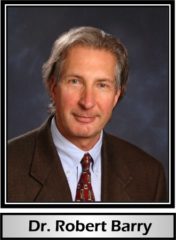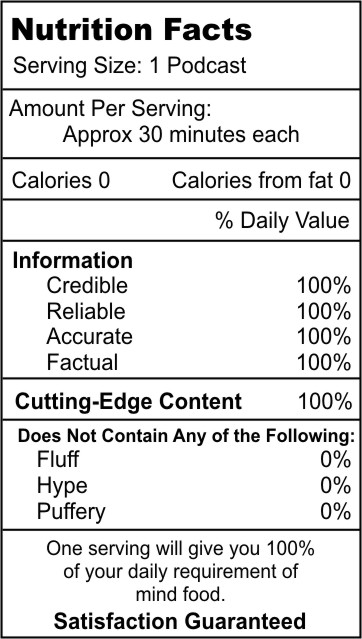Podcast: Play in new window | Download (Duration: 31:12 — 21.9MB)
(Duration: 32:39 — 22.5MB)
Learn About the Power of Ubiquinol

As the population ages, more attention is being devoted to the prevention of disease and its effects. Heart disease heads the list, with millions of people suffering from it throughout the country. Aging also can affect the quality of one’s life–reducing energy and vitality. In recent years, medical research has looked to compounds known as antioxidants, which neutralize free radicals in the body, preventing cellular damage that can otherwise contribute to diseases. Researchers continue to find evidence that CoQ10 affects our health in powerful and positive. Studies link optimal immune system function with an increased level of CoQ10 in the body and prove that it promotes the maintenance of healthy tissue as well. With aging, the ability of our bodies to produce and metabolize CoQ10 declines, possibly from diseases, insufficient dietary intake, and oxidation. Some reports state that this decline in CoQ10 becomes apparent after the age of 40. In this interview with Dr. Barry, you’ll discover how to increase your energy, vitality, and improve your overall health.
What is confusing for many consumers is the different forms of CoQ10. What are the differences and why should you care? The people who are most in need of extra CoQ10 are the ones who need to care. As we age CoQ10 utilization is impaired. Medications, most notably the statin drugs reduce the body’s ability to make CoQ10. This alone is a serious risk factor. People who take statin drugs are by default CoQ10 deficient and that deficiency increases cardiac risk. The are numerous other medications that interfere with CoQ10. You should always know what are the interactions and side effects of all medications you are taking.
Types of CoQ10
CoQ10, or Coenzyme Q10, is one of America’s most recognized supplements. Although millions of us buy the supplement to support heart health, most people don’t know there are two forms of this nutrient: Ubiquinone and Ubiquinol. Each exist naturally in the body, but function differently.
Ubiquinol, sometimes called the advanced or active form of CoQ10, is the predominant form of CoQ10 in a healthy young adult2 4 9. Ubiquinone, the conventional form of CoQ10, must be converted into Ubiquinol to create cellular energy. However, as you age, your body’s ability to convert Ubiquinone into Ubiquinol decreases.10 11
Ubiquinol CoQ10 is a vitamin-like substance that’s naturally made in our bodies and plays a critical role in the creation of cellular energy. We make less of the heart-healthy nutrient starting around age 40
CoQ10 has interested researchers for many years, but the Ubiquinol form of CoQ10 has been commercially available in America for only 12 years. In that short time, more than 60 peer-reviewed clinical and research studies have been performed and over 1,800 scientific papers have been published regarding Ubiquinol, and its health benefits.
This large and still growing amount of research has found that the Ubiquinol form of CoQ10:
- Supports optimal heart health*
- Supports the body’s cellular energy production*
- Helps prevent damage in the body caused by oxidative stress*
- Replenishes CoQ10 blood levels depleted by statin cholesterol medicines*
- Is a powerful antioxidant that helps neutralize free radicals that may otherwise damage healthy cells in the body*
Once we understand the relative effects of the different forms of CoQ10 is becomes clears that everyone practically should take ubiquinol. Ubiquinol is absorbed and utilized so much better that other conventional forms of CoQ10 AND is more cost effective. While it may seem more expensive, it really is less expensive because you get so much more CoQ10 delivered into your blood stream. So you can take a lower dose and get similar benefits or you can take an equal dose and get much higher blood levels.
For more information visit ubiquinol.org.
Dr. Robert J. Barry, PhD

Dr. Barry earned his bachelor’s degree in biology from Boston College; his PhD in chemistry/biochemistry from the University of Maryland; conducted postdoctoral research in Biological Chemistry and Molecular Pharmacology at Harvard Medical School; and was a staff researcher in neuropathology at Harvard Medical School. He is the author of the book ‘The Power of Ubiquinol‘










{ 0 comments… add one now }